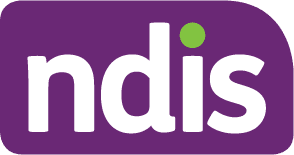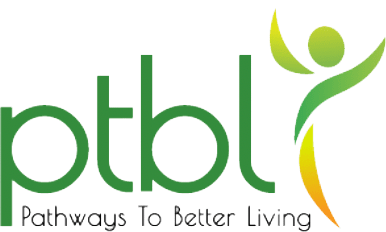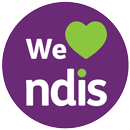Pathways to Better Living Pty Ltd – Diversity and Inclusion Policy
Introduction
This policy aims to support and promote an inclusive environment that recognises, respects and values the individual differences of all people engaged with our services including participants and workers. These individual differences can include:
- Gender
- Age
- Language
- Ethnicity
- Cultural background
- Disability
- Sexual orientation
- Religious beliefs
- Family responsibilities
In our workforce, diversity is an important resource as it helps us:
- Attract and retain employees from a wide pool of talent
- Foster a culture that reflects our values and is open to all
- Improve innovation, creativity and inspire worker engagement and satisfaction
- Improve the connection between our people and the people we support
When supporting participants, being culturally responsive is an important part of providing person-centred supports. Person centredness means the supports are “person focused” rather than “service focused” and culturally responsive means we are able to interpret, define and respond to the individual cultural needs of each participant.
- Applies to all areas of the business at all times
- Applies to all representatives including key management personnel, directors, full time workers, part time workers, casual workers, contractors and volunteers
Definitions
| Term | Description |
| CALD | Culturally and linguistically diverse-people from CALD backgrounds speak a language other than English, they may practice cultural activities and have specific spiritual needs |
| Interpreting service | While registered NDIS providers can use any interpreting service, interpreting through TIS National can be billed to the NDIA |
Promoting diversity and inclusion
Diversity and inclusion is promoted by:
- Filling employment openings based on merit
- Fostering an inclusive environment respectful of all cultural backgrounds and beliefs
- Fostering a workplace culture that is inclusive and embraces individual differences
- Fostering a physical and cultural environment that encourages participation
- Consulting participants, carers, family members, community groups, and other organisations on the needs of individual participants
- Supporting and encouraging each participant to be part of the community
- Ensuring participants have access to the same facilities and services as the rest of the community
- Supporting participants with opportunities to socialise and build enduring relationships within their local communities
- Providing supports and services in a way that is culturally responsive
Supporting participants from CALD backgrounds
When providing services to participants from CALD backgrounds, we will:
- where possible, recruit/match workers with the same background as the participant
- ensure all workers supporting the participant are trained in or are aware of how to provide services in a culturally sensitive way.
Arranging interpreting and translation services
We will help each participant to make decisions about whether or not they require any foreign language services. Foreign language services include oral interpreting and, if required, the translation of written documents.
The role of an interpreter is to interpret spoken words only. The role of a translator is to translate written documents.
An interpreter or translator cannot provide:
- counselling services
- advice regarding any form of support provision
- advice about the NDIS.
We will help each participant to find an interpreter that is most suited to their needs and preferences.
The participant has the right to request a specific interpreter. For example, this could be a specific individual or an individual from a particular background or cultural group.
The participant has the right to bring an English-speaking family member or carer to assist with interpreting. However, in general, we will also obtain the assistance of a person from an external translation and interpreting service, such as Translating and Interpreting Services (TIS) National.
We will ensure to assess all key risks relating to interpreting and translating services. This includes risks relating to:
- conflicts of interest
- loss of objectivity; and
- privacy breaches.
In addition, when an interpreter is required we will record:
- the name and contact information of the interpreter
- situations and service contexts when the interpreter will be required
- whether any documents need to be translated
- how the interpreter will be contacted (e.g. face-to-face, telephone).
In general, NDIS face-to-face meetings will include an onsite interpreter. Phone interpreter services may be used for shorter and less complex discussions.
It is acceptable to use any reputable interpreting and translation service. However, services provided by TIS National can be billed to the NDIA.



